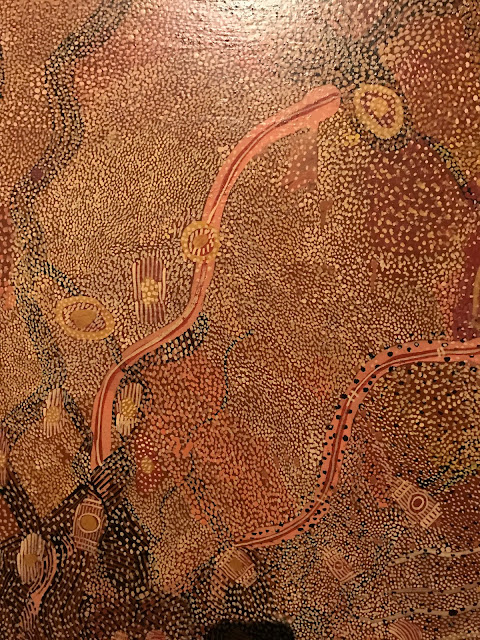The third in my series of year-end lists is literature. As in past years, I've divided this post into two categories: Novels and short stories. Each of these stories made 2017 just a bit brighter for me and I hope this list includes at least a writer or two new to you.
Novels:
Novels:
- I Wish I was You by SP Miskowski: This was the subject of a review earlier this year. The way I feel about this novel, the tragedy of a talented person crippled by anger and regret, transformed into a monstrous avatar of wrath, has not really left me. Beyond the perfection of its prose and its preternatural subject matter, I feel like this is one of the best evocations of the mid-nineties I've seen published. There's something about this book that lingers with me long past the concerns of its plot and characters. I guess what I'm trying to say is this work moved me. 2017 would have been a lot dimmer if I hadn't read this work.
- New York 2140 by Kim Stanley Robinson: Robinson writes next-level speculative fiction. He creates futures which appear so inevitable you secretly want them to happen. A vision of a drowned Manhattan, riven by class struggles and superficialities, Robinson is somehow able to conjure as complete a vision of the distant future as I feel likely to see published. From a story that appears to be one thing comes a manifesto of change that arrives with all of the power of Category 5 hurricane.
- Pretty Marys All in a Row by Gwendolyn Kiste: The Marys of the title are spirits personified by classic nursery rhymes, their existence serving as gears within an elaborate metaphysical machine. Kiste's first longer work, Pretty Marys finds an author at the prime of her powers. Knowing that she has a proper novel in the works for next year, is one more reason for some excitement regarding 2018.
- Null States by Malka Older: Similar to Robinson, Malka Older works in a style of speculative fiction I'd like to see more of, personally. The sequel to last year's Infomocracy, Older here fleshes out her idea of a world divided into microdemocracies, tiny states free to elect their own governments, threatened by the age-old powers of greed, bigotry, and venality. This is a what if story meticulous in conception and engagingly sincere in its particulars.
- Six Four by Hideo Yokohama: The translation of a Japanese crime thriller, there's a lot to enjoy here. Yoshinobu Mikami is the press director for a Japanese police department in the grip of rivalries and shame over a botched investigation a decade before. The mystery itself is well-worth the effort to follow, but this book really shines in the moments spotlighting personal drama and bureaucratic machinations. These parts feel like Game of Thrones as written by Haruki Murakami.
- Infinite Love Engine by Joseph Allen Hill. Half a year on, this remains one of my favorite stories this year simply because it seems to effortlessly roll up everything terrible, load it into ray gun, and blast way the stupid and appalling with gleeful aplomb.
- Hare's Breath by Maria Haskins: Maria Haskins has a gift for braiding imagery together into meaning. In the 1930s and 40s, the government of Sweden enforced a policy of sterilization for children (most often girls) for a variety of unsavory reasons. This story concerns a friendship between the narrator and a girl targeted by this policy but also Swedish legends. The result is magical and harrowing.
- Things crumble, things break by Nate Southard (Nightmare). I liked this story quite a bit. Chemical accident leaves a town of crippled, their bones so fragile a gentle push could stave in a chest. A man and his girlfriend contemplate leaving their quarantine even as a heavy sadness like dust settles over them.
- The Sound of by Charles Payseur. Damn fine story motoring by with a verve and barely suppressed terror. One of the first stories I've read to seem firmly post-Trump. Story about the way the unimaginable becomes normalized.
- The Vortal Comes to Midtown by Ashok Banker. (Lightspeed) A taunt story about two unlikely individuals finding themselves stuck in the same impossible predicament. I felt primarily a sense of inclusion about this story. Not looking for blame but looking for commonalities and solutions. It was an interesting read.

Comments